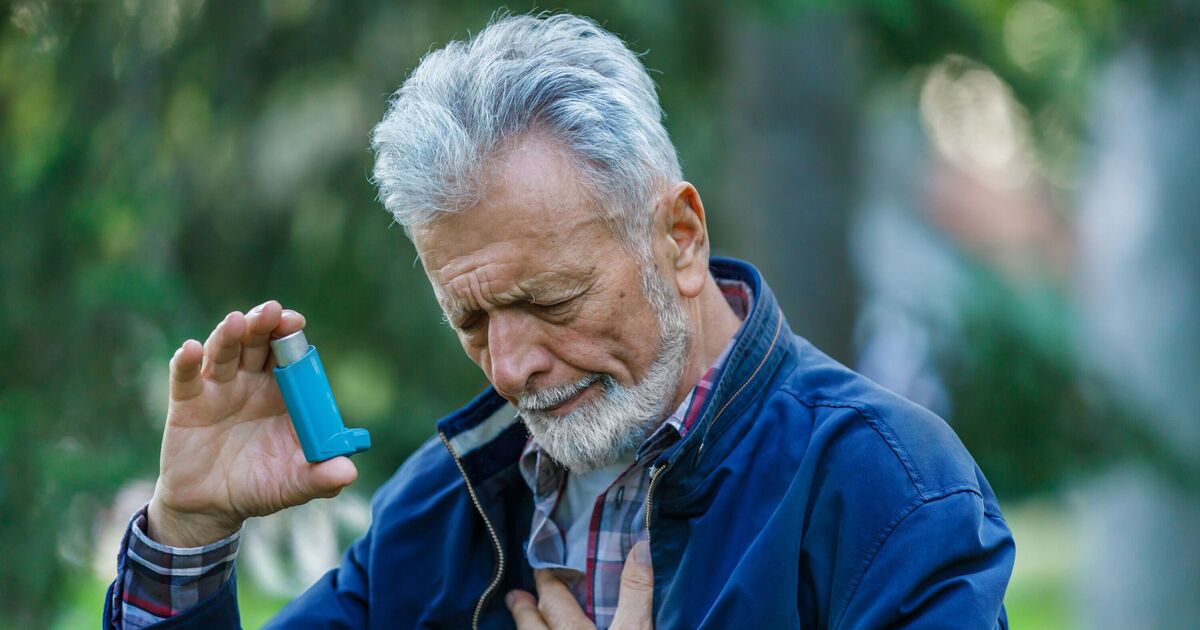A reader asks: I was diagnosed with emphysema a few years ago. I understood it was caused by smoking, which I’d done since being a teenager. I managed to give up in the pandemic, but I still frequently have coughing bouts and get really short of breath, especially doing any exercise and even climbing stairs. My blue inhaler helps a bit, but is there anything else that would ease my breathing and especially the coughing?
Dr Rosemary Leonard replies: In emphysema, the walls of the small air sacs in the lungs are damaged and they break down, leading to larger air spaces instead of lots of small ones.
This reduces the overall surface area where oxygen in the air can be absorbed into the bloodstream, which leads to shortness of breath, especially with any type of exercise.
It’s a long-term condition that usually progresses over several years. And though, occasionally, it’s caused by an inherited defect in the lungs’ lining, by far the most common case is smoking. The longer and more you have smoked, the greater the risk.
Many people with emphysema caused by smoking also have long-term inflammation in the tubes (bronchi) that carry air into the lungs. Known as chronic bronchitis, this leads to a persistent cough, often with creamy coloured phlegm.
Unfortunately there is no cure for either condition, but you have already taken the most important step in slowing down their progression, which is to stop smoking.
The blue inhaler you have can widen the airways on a short-term basis, but you may find it helpful to have one that lasts longer.
There are several different types, containing drugs such as salmeterol or tiotropium. Steroid inhalers are also sometimes used to reduce inflammation. Pulmonary rehabilitation can also be very helpful.
It’s a specialised programme of exercise and education that can improve how much you can do before you feel short of breath, and also improve your general health and emotional wellbeing. Your GP will be able to help with all of these treatments.
If you have a health question for Dr Leonard, email her in confidence at [email protected]. She regrets she cannot enter into personal correspondence or reply to everyone









